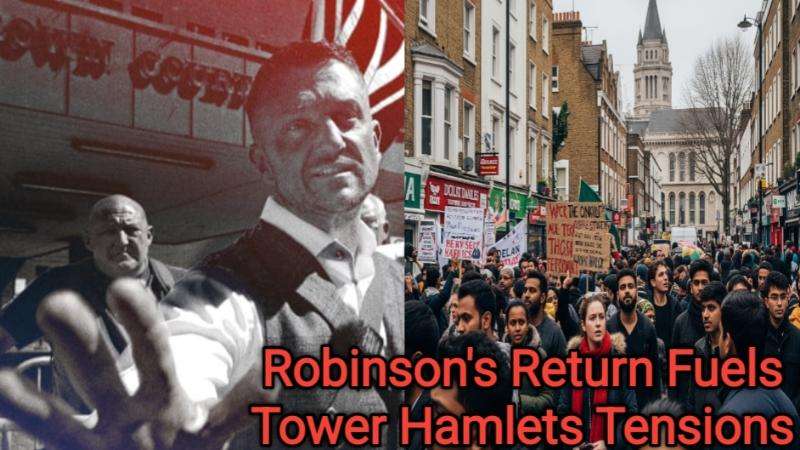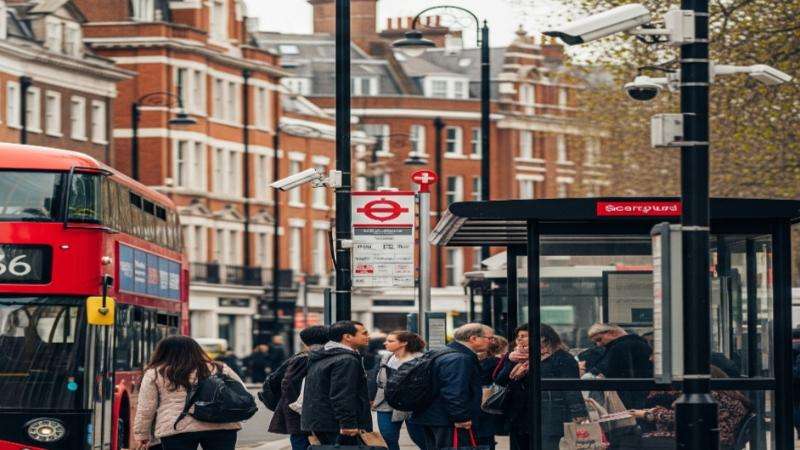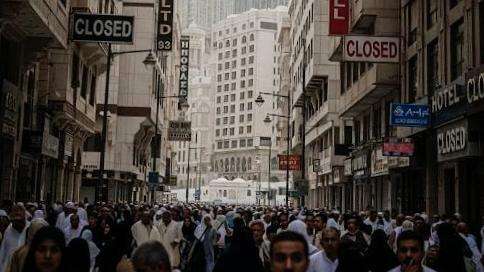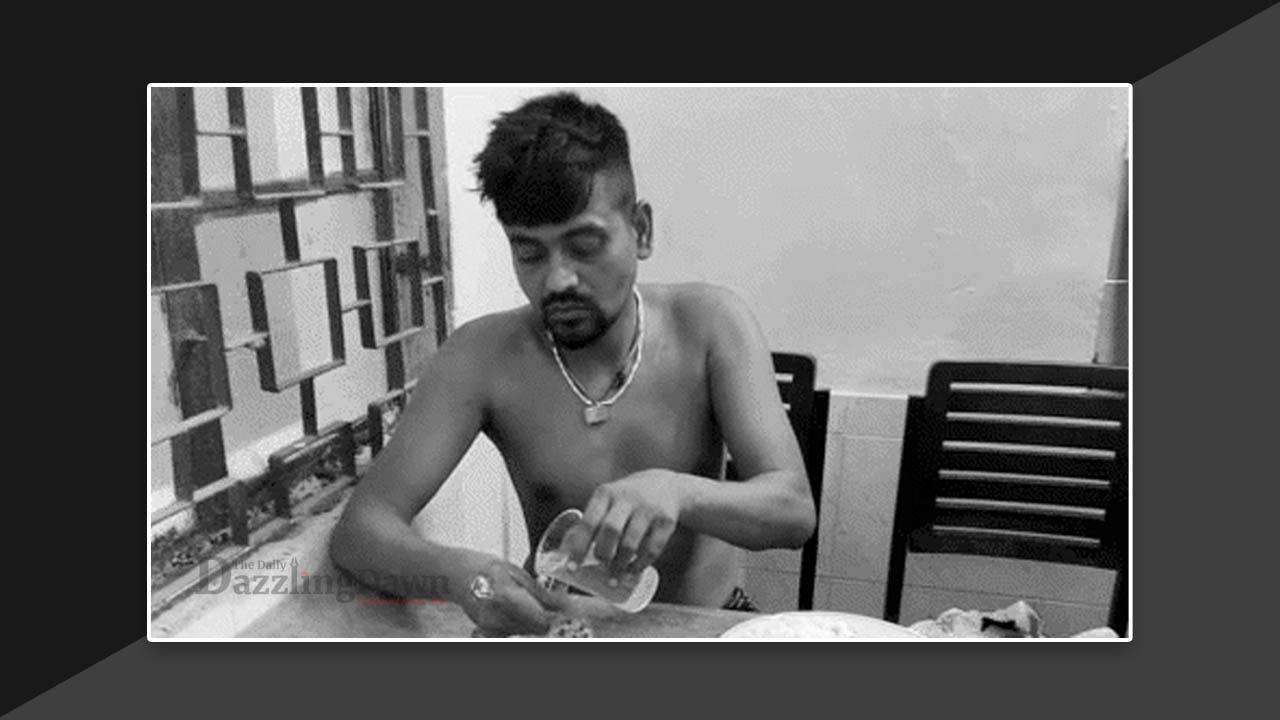Before they killed Tofazzal, the orchestrators of our civilized society gave him a full plate of rice. It felt as though the twilight sun peeked over the horizon one last time—just as Tofazzal’s life was taking its final bow. At first glance, this act of feeding him might not seem particularly cruel. But, hidden deep within this gesture was a dark and profound brutality. They understood the relationship between a full belly and death. They knew that if they killed a hungry man, the savior would not forgive them; however, if they beat him to death after feeding him, forgiveness was guaranteed. So, in the hope of eternal pardon, they fed him. And then, in the quiet shadows of a silent evening, Tofazzal's last breaths gradually faded away. His life seemed to dissolve into the earth, leaving behind an indescribable sadness that lingered in the air.
Was their effort to feed him some form of compassion? What a resolute and ruthless form of compassion! Did they offer him even the slightest chance to save his own life? No, that chance was never given. Instead, after feeding him, they beat him to death—this feeding felt like an attempt to sweeten his death, to give it a poetic ambiance; something that might appear human in a poet's verses. But behind this mask of silent grief and poignant mercy lay a cold, harsh truth.
Tofazzal is dead now, but did his eyes reflect any tears? Perhaps not. He might have awaited death in a strange trance of detachment. In this cruel sympathy, even his last flicker of the will to live seemed extinguished. He was ready for death, prepared by the merciless angels of this society, who believed their actions to be sacred. They had raised themselves to the level of deities, having driven out the tyrants. In his final moments, surrounded by an unusual stillness, it was as though no sound of the world could reach his ears. His last hours were like a stage, leading him slowly and silently toward a sorrowful death.
Was Tofazzal ever truly a man? His life was marked by the bloody, tainted history he carried. He was a lover rejected, a branded criminal, slowly walking down the path of wrongdoing. His life was a reflection of the monstrous politics of Sheikh Hasina's time—where crime, exploitation, and the devaluation of human life became the norm. He laundered billions, built new residences in every Begum Para, and caused countless people to fall into the jaws of death.
Yet, despite all his crimes, there was once a flicker of desire to live within him. Perhaps he wanted to start a new life. But society never gave him that chance. The angels of this society, who claimed to be humanitarians, pushed him toward death to safeguard their newfound power.
At one point, Tofazzal started to believe that his life would bring him nothing more. His parents had died, his elder brother had abandoned him—he was a lonely soul. In a moment, his perspective shifted, and he began walking toward death. The thought of suicide consumed him. Perhaps he thought that death would bring an end to all his suffering. But he did not know that a far more brutal fate awaited him. When he surrendered to the orchestrators, the process of his death began.
The angels didn’t kill him outright; rather, he slowly edged toward death himself. Those around him pushed him toward it, as though they knew that this was the only path for him. As if an invisible hand was guiding him toward death. Our angels couldn’t be too harsh—they kicked him gently, like soft cotton, to ensure minimal suffering. Their hearts were as tender as the soil soaked by the aftermath of a flood. These coordinators, with their hearts of green, gently killed Tofazzal without causing him much pain.
Our so-called wise angels, who claim to be pure and innocent, now deny responsibility for Tofazzal’s death. They insist it was an isolated incident. They claim it wasn’t the work of humanitarians, but rather ghosts of the previous government. They seem eager to absolve themselves of everything, but their false claims are not acceptable. Once, they sought justice for Abrar’s murder with the death penalty, yet now they remain silent about Tofazzal’s death.
The intellectuals of our country, who once prided themselves on standing for justice, are now mute. They no longer wish to speak. Once, they raised their voices against Sheikh Hasina’s rule, but now, there is no sound from them. They wanted Hasina’s exile, and they’ve got it. Tofazzal holds no interest for them anymore. They are now preoccupied with repairing the country; they have no need for a new fight.
Tofazzal was a hungry man, to whom society placed no value. His hunger and pain were his alone; to society, he was worthless. Dhaka University, once a beacon of knowledge, can no longer offer anything to people like Tofazzal. Here remain only self-serving individuals, blind to anything beyond their own interests. Education no longer matters here, and the brilliance of the students is not required. Tofazzal’s suffering and struggle—everything is now forgotten. In the final moments of his life, he was surrounded by an unspeakable emptiness. There was no one left to mourn for him. His parents and brother were gone, and we, who claim to be humanitarians, have muffled our cries. We are still weeping for Abu Sayeed—but when will we cry for Tofazzal?
Abu Sayeed was a symbol of justice, who stood against tyranny. But Tofazzal? His death is shrouded in a cold, unspeakable sorrow. He couldn’t be a hero, for his will to live, his hunger, everything led him toward death. And so, Tofazzal received nothing from society. His name will never be written in the pages of history. Finally, I say, let the university be named after Abu Sayeed, or let a new hall be built in his honor. Let a medal of valor be introduced in his name. But Tofazzal? He was merely a mentally unstable individual.
There is no need for a monument or anything special in his memory. Just a simple brick marker over his grave will suffice, and even that might not be necessary if no one is willing to spend a few taka. In this society, people like Tofazzal are not needed because he didn’t know how to die with his hands outstretched.
---
Author: Abu Moksud, Poet, Columnist



_4.jpg)




.svg)

_5.jpg)